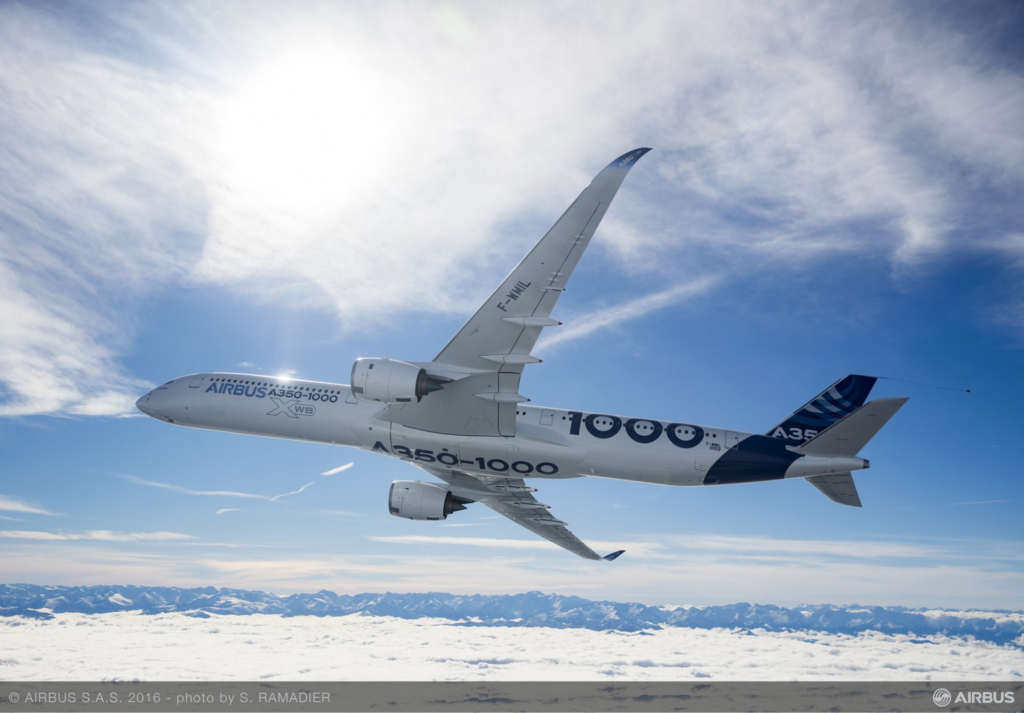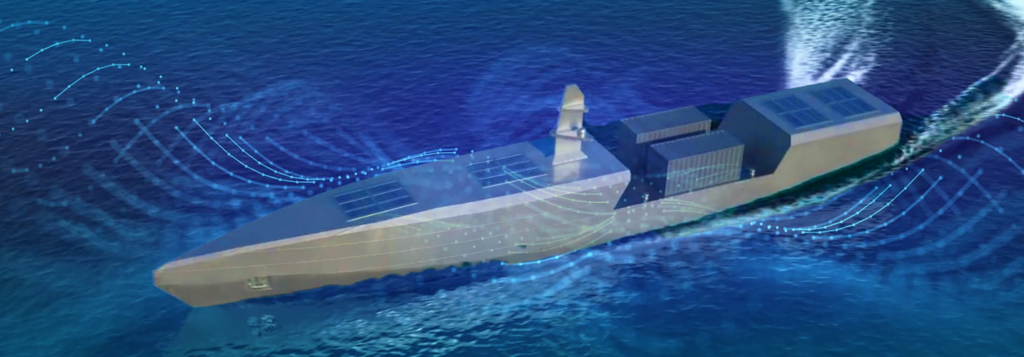Data Finds Overwhelming Support for Passenger Rail in America
WASHINGTON, District of Columbia – Amtrak published survey findings today that demonstrate strong support from American voters for continued passenger rail investments, including infrastructure renewal and service expansion. Conducted by the Mellman Group and commissioned…


